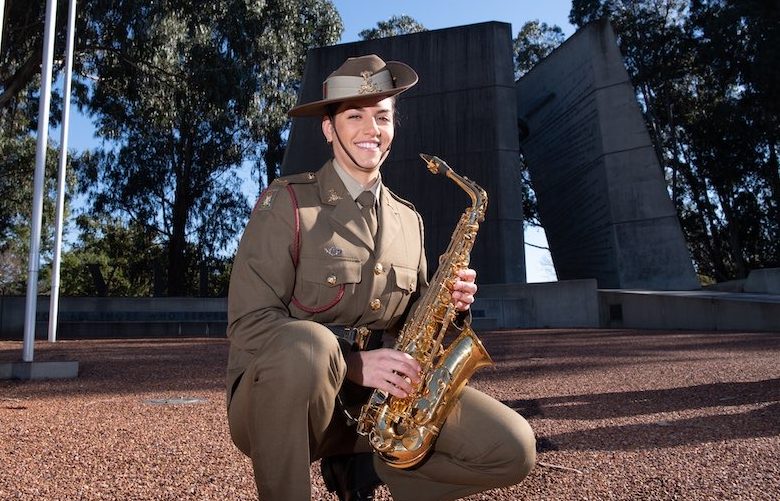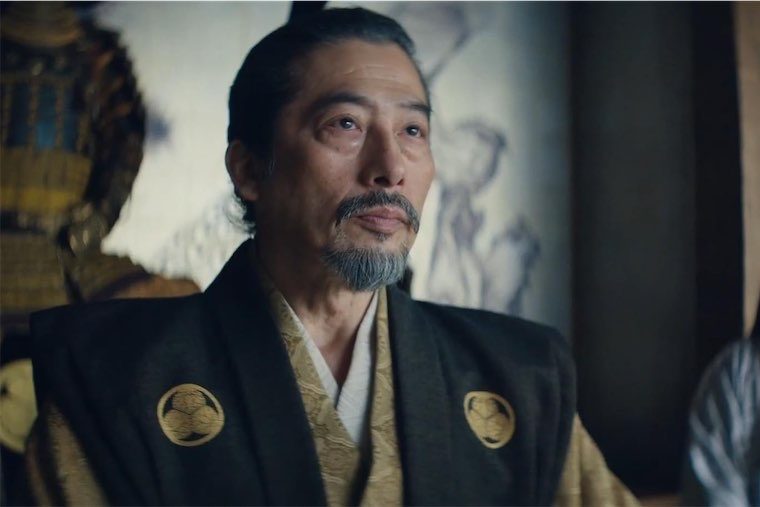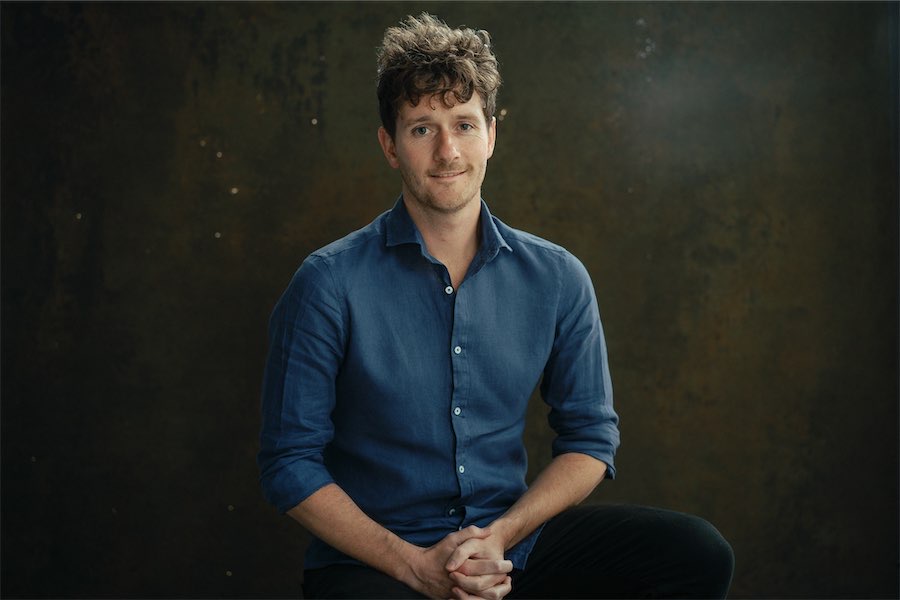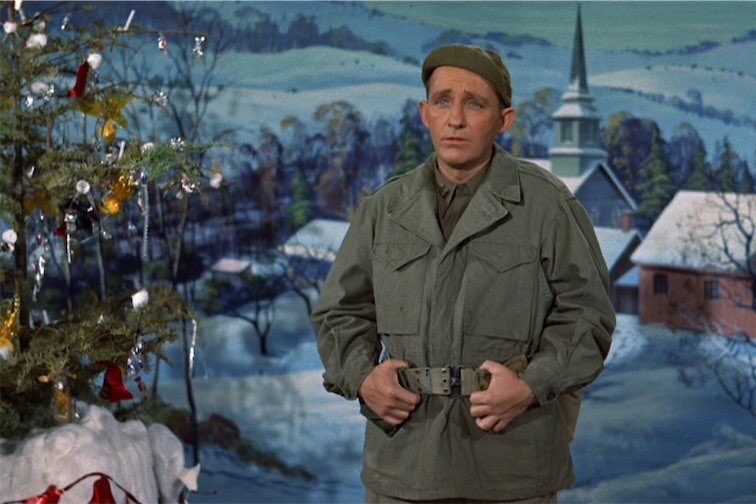
WHEN army musician and sax player Jaime Grech joins classical saxophonist Christina Leonard onstage, their golden improvisations will soar in a musical triumph over one of our most contentious wars ever.
They will perform Ross Edwards’ “The Coming of Peace” in “The Vietnam Requiem” at Llewellyn Hall in June, with instrumentalists from the CSO, RAN, Army and RAAF Defence Force Bands and the ANU Chamber Orchestra.
“It’s a loud orchestra,” says director of the Requiem, Chris Latham.
“The saxophonists, who play throughout, are part of what I call ‘golden music’, also seen at the end in the song, ‘Shine Your Golden Light on Us’.
“Jaime’s got a lot of youthful energy and if she is the future of military music, we’re in good shape.”
Ending on a positive, even healing, note is important to Latham, the music artist-in-residence at the Australian War Memorial and the brains behind the Requiem.
For Latham, there’s more to this epic work than musical notes.
“When I was a child, I used to believe that evil didn’t exist,” he says, “but I’ve had to read endlessly terrible stories and they’ve got to me – it’s real.”
Those terrible stories are part of his work in putting together “The Flowers of War” project that explores the musical dimension of our major fields of engagement in the 20th century. It follows two works related to World War I, “The Gallipoli Symphony” which premiered in Turkey in 2015 and “The Diggers’ Requiem” at Llewellyn Hall in 2018.
He’s skipped a couple of wars – he’ll get back to them.
But 2021 is the 50th anniversary of the withdrawal of our troops from Vietnam, promised by Prime Minister Billy McMahon and delivered by his successor, Gough Whitlam and of the Battle of Long Khanh, which will be marked here on June 7.

Because the war is still very much a living issue for people, Latham admits this work has a lot to do with mental health.
“If people can get to be more compassionate or if this can inform your practice as a musician, then I’ll feel I’ve done my job,” he says.
“Some of the history will be well-known to people in the audience and that is very powerful.”
As far as music audiences go, the ones packing into Llewellyn Hall on June 5 and 6 are likely to be atypical. There’ll be boat people, possibly hundreds of them, veterans coming to hear John Schumann sing “I Was Only 19”, and a large cohort which, judging by the usual age of concert-goers, could well have been anti-Vietnam protesters.
Some veterans too old to travel have asked for it to go online and that’s happening, as singer Little Pattie will explain in the concert.
The idea has been percolating for some time, Latham says, and while he’s aware of more popular shows like “Rolling Thunder Vietnam”, this will be different.
“The story is just so grim,” he says.
“We’ve collected imagery to go with it, and we’ve been working very hard to ensure the accuracy of what we do… I’m trying to set the record straight.”
Latham is, after all, the Cecil B DeMille of the Australian music world and this concert is bound to be entertaining.
His star line-up of top brass from Australia and New Zealand services and representatives of the Vietnamese community will be matched by an online line-up of star musicians, including William Barton on didgeridoo, Bill Risby on keyboard, Paul Goodchild on trumpet and Minh Le Hoang and Slava Grigoryan on guitar, with an orchestra and choir directed by Latham.
Act 1, “Songs of the Vietnam War”, involves popular music of the time, including “He Ain’t Heavy, He’s My Brother” sung by Mark Williams, “We Gotta Get out of This Place”, sung by Normie Rowe and two songs by Vietnam refugee singer/songwriter, Phan Vãn Hung.
Act 2, “The Vietnam Requiem”, is more like its predecessors, a 12-movement work with newly commissioned works by top Aussie composers Graeme Koehne, Elena Kats-Chernin, Andrew Schultz, Ross Edwards and Latham himself, with a piece by the late Peter Sculthorpe.
But several are modifications, including a reworking of the middle section of “The Things Unsaid” by US composer Caleb Burhans, now adapted for a rock band, orchestra and choir, a reworking of a piece by Vladimir Martynov, translated into Vietnamese, and the two last songs sung by Cathy Wayne, who was killed onstage by a bullet just after singing “Natural Woman” and “(Sittin’ On) The Dock Of The Bay”.
“But we should let go of heavy things,” Latham says.
With that in mind, he has subtitled parts of the traditional Mass to relate to the war. So, his “Kyrie” is “for those affected by national conscription” and his “Lux Aeterna” for “all affected by the Aftermath, who are on the Road to Peace”.
There’s even an “Agnus Dei” by Elena Kats-Chernin for “Journalists, Photojournalists, Cameramen and for Protestors”.
Likely to have viewers reaching for the tissues in the very last moment is “In Paradisum”, to be sung by Phan Vãn Hung and “The Last Post” played by plucked string soloists over William Barton’s eloquent didgeridoo.
“The Vietnam Requiem”, Llewellyn Hall, 1pm, June 5 and 6, book here.
Who can be trusted?
In a world of spin and confusion, there’s never been a more important time to support independent journalism in Canberra.
If you trust our work online and want to enforce the power of independent voices, I invite you to make a small contribution.
Every dollar of support is invested back into our journalism to help keep citynews.com.au strong and free.
Thank you,
Ian Meikle, editor




Leave a Reply